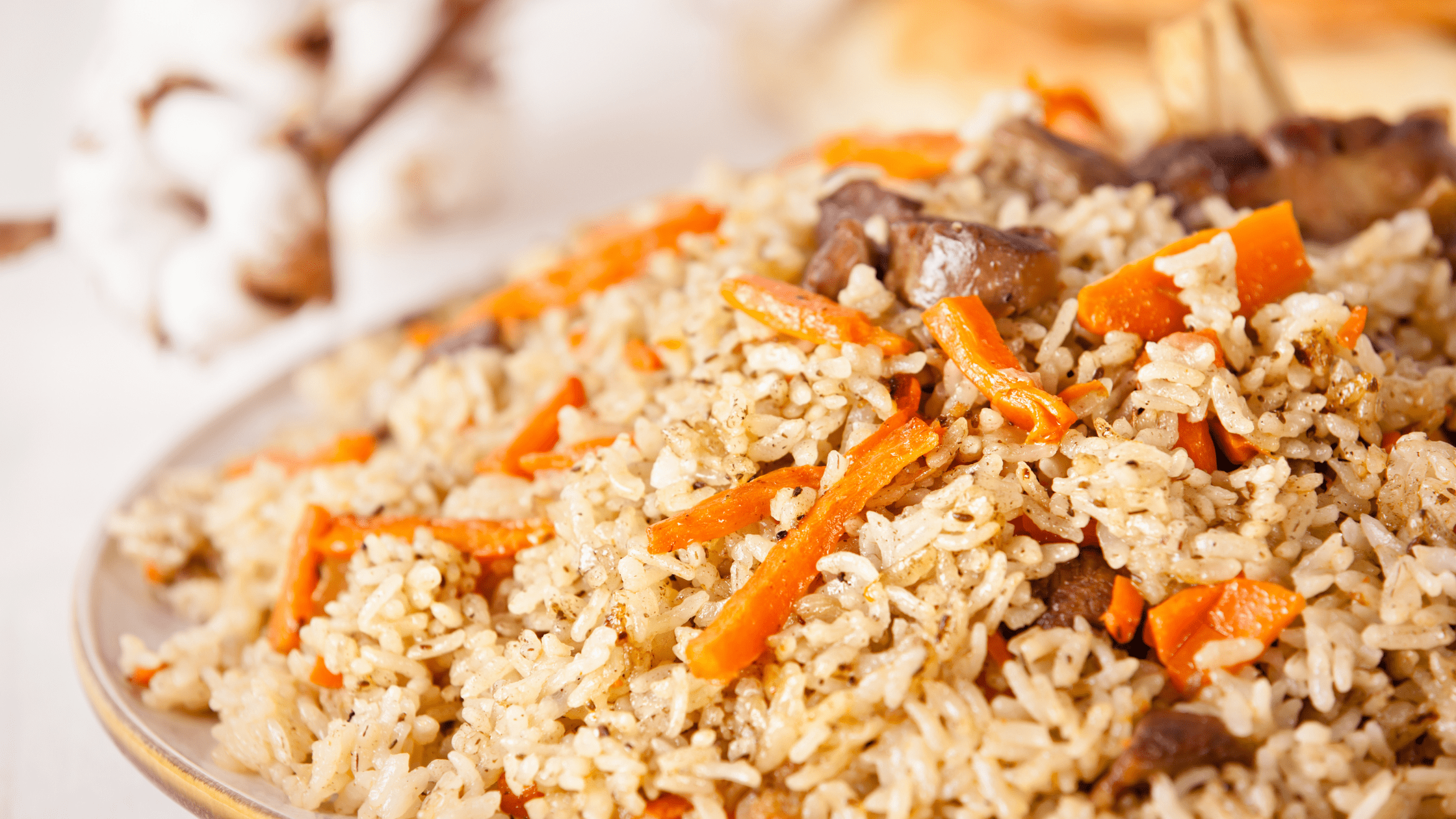Have you ever wondered about the magic behind a rice cooker? You merely put in the rice and water, hit a button and just leave it. After some time, to your surprise, the rice is cooked to perfection. But what is it that tells it when to stop cooking? Let’s delve into this article to unravel the science behind the timing mechanism of rice cookers!
What a Rice Cooker is And What it Does?
A rice cooker is a machine used to cook rice. Rice cookers can be either electric or gas. Electric rice cookers are the most common type of rice cooker. They work by using electricity to heat the water in the pot. The pot is usually made of stainless steel or aluminum. Gas rice cookers use natural gas or propane to heat the water in the pot. Gas rice cookers are less common than electric ones. Rice cookers usually have a thermostat that turns off the heat when the water reaches a certain temperature. This prevents the rice from overcooking and burning. Rice cookers can also keep the rice warm after it is cooked. Rice cookers are used in many Asian countries, such as Japan, China, and Korea. They are also popular in other parts of the world, such as the United States, Canada, and Europe.
How Does the Heating Element Work to Cook the Rice?
A rice cooker is a household appliance typically used to boil or steam rice. It consists of a heat source, a cooking pot, and a thermostat. The heat source is usually in the form of an electric heating element. Rice cookers can either be powered by electricity or gas. The cooking pot is usually made of aluminium or stainless steel. The pot has a lid that seals in the moisture and nutrients of the rice. The thermostat measures the temperature of the rice and controls the heat source. When the rice reaches the desired temperature, the thermostat shuts off the heat source and keeps the rice warm until it is served. Rice cookers are simple to use and make perfectly cooked rice with little effort. They are an essential kitchen appliance for anyone who loves Rice.
The Science Behind Timing – Why a Rice Cooker Needs to Know When to Stop Cooking
Every now and then, we all have to deal with the dreaded task of cooking rice. But thanks to the modern marvel that is the rice cooker, this tedious chore can be easily automated. Rice cookers work by boiling water until it evaporates, leaving behind perfectly cooked rice. But how does it know when to stop cooking?
It all has to do with the science of thermodynamics. The Rice Cooker uses a simple sensor to measure the temperature of the water inside. Once the water starts to boil, the sensor triggers an electric switch that turns on the heating element. As the water continues to boil, more and more heat is transferred from the element to the water. This eventually causes the water to reach its boiling point, at which point evaporation begins.
As the water evaporates, the Rice Cooker senses that the temperature is dropping and slowly reduces the power to the heating element. This prevents the rice from overcooking and becoming mushy. Once all of the water has evaporated, the Rice Cooker shuts off completely and Rice Perfection is achieved!
Some of the Benefits of Using a Rice Cooker
Rice cookers are kitchen appliances that are specifically designed to cook rice. They are easy to use and can be programmed to cook rice at the press of a button. Rice cookers know when to stop cooking, so you don’t have to worry about overcooking your rice. This means that your rice will be cooked perfectly every time. Rice cookers also keep your rice warm for hours after it has been cooked, so you can enjoy a hot meal even if you’re not able to eat it right away. In addition, rice cookers are very affordable, making them a great option for budget-minded people.
Conclusion:
The next time you’re cooking rice, take a moment to think about all of the science that is going on behind the scenes to make sure your food turns out perfect. From understanding the water content of the rice to keeping track of time and temperature, these appliances have come a long way in ensuring that we can all enjoy perfectly cooked rice without any guesswork. Who knew that such an everyday task could be so complex? Next time you’re using your rice cooker, be sure to appreciate all of the hard work that has gone into making it just right.


